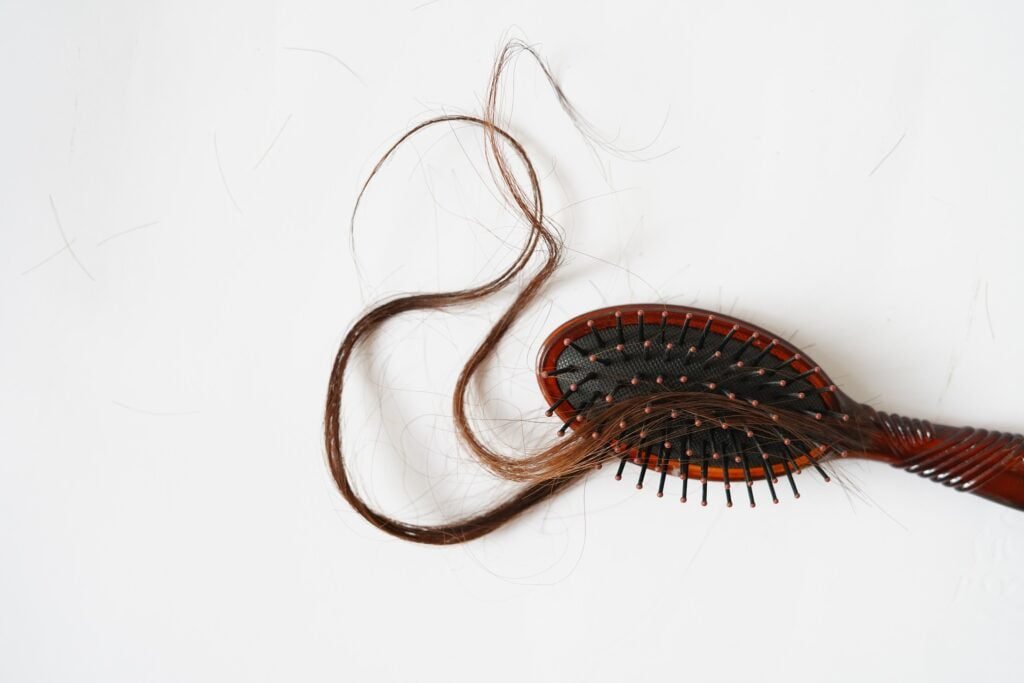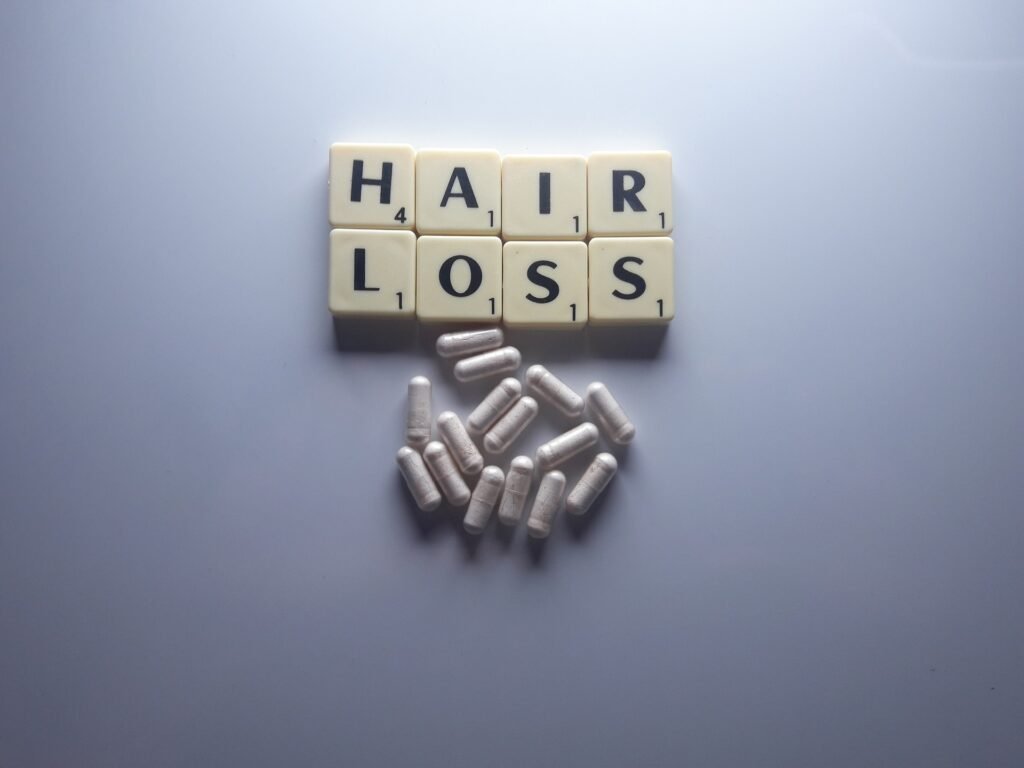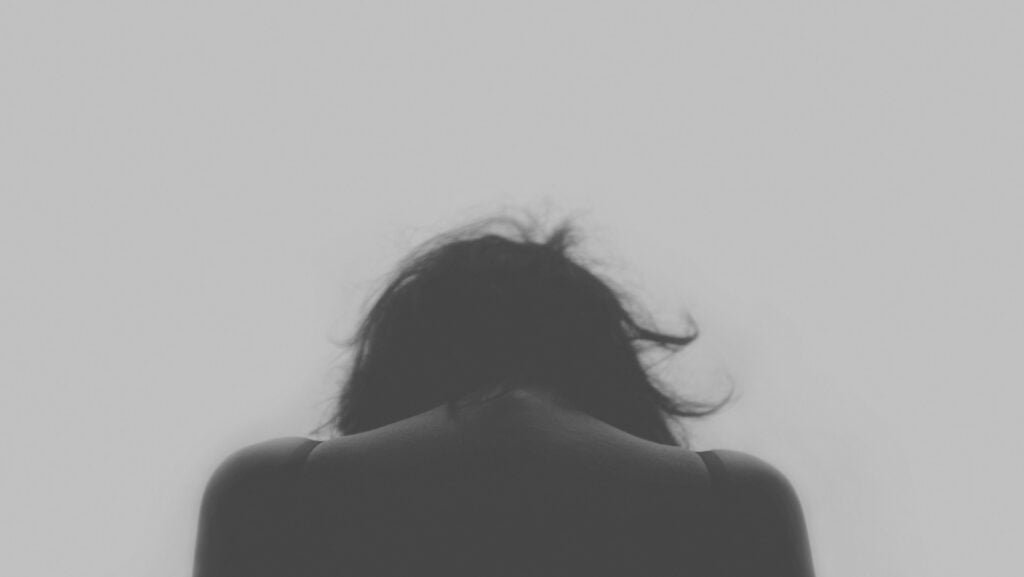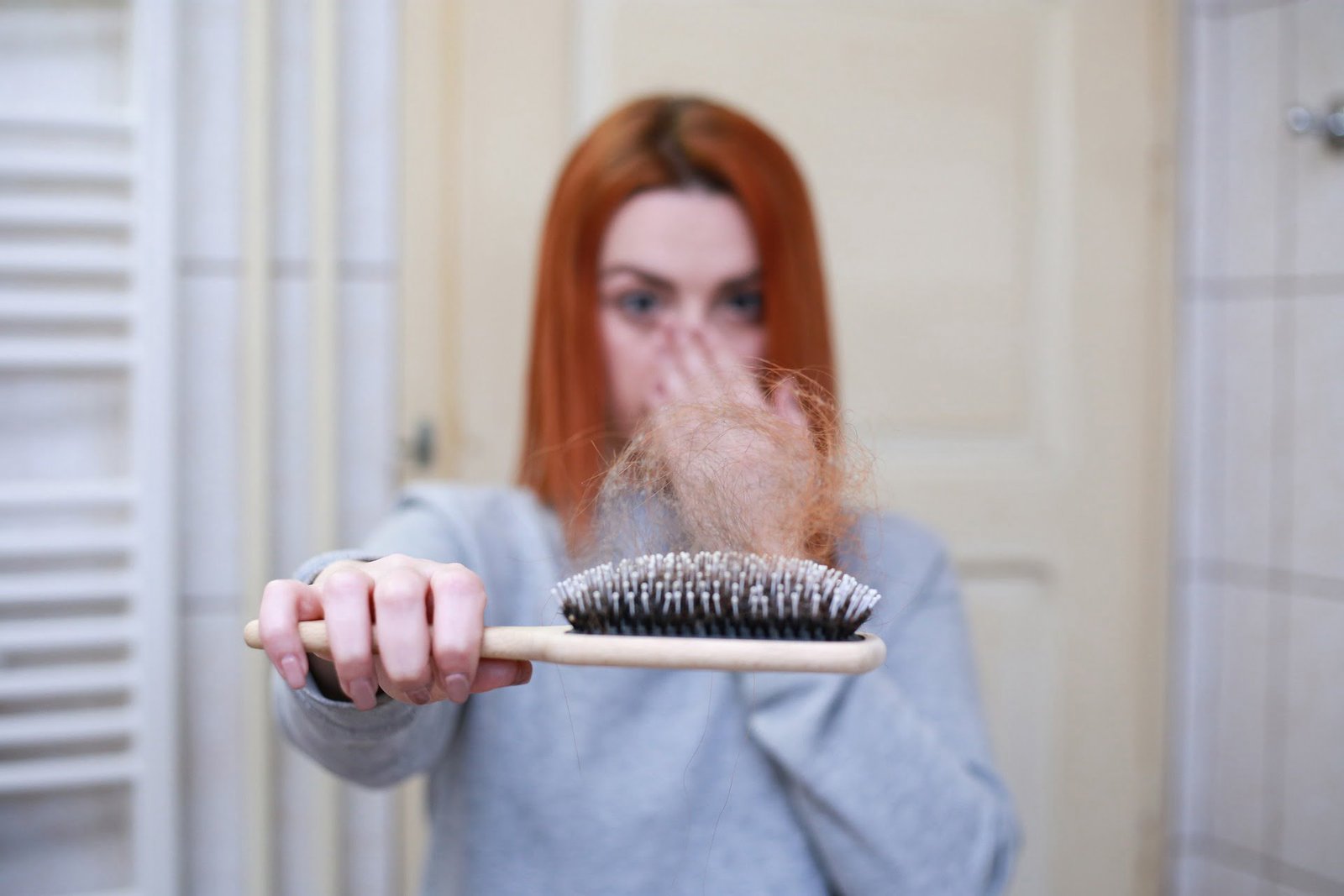What is PCOS?
PCOS is a complex hormonal disorder accompanied by several complications with multiple symptoms such as irregular periods cycle, acne, hirsutism, hair loss (androgenic alopecia), etc. It can due to any unknown causes but some of the reasons examined in detail for PCOS include insulin resistance, high levels of androgens, stress, and genetic history.
Link for the detail discussion on PCOS is on the same blog.
What is Female Pattern Hair Loss?
Female pattern hair loss or Androgenic Alopecia is a type of hair loss in which the hair gets thinner and lose from the front and top of the scalp giving a wider and broader appearance to your forehead. PCOS hair loss is the female pattern baldness in which excessive androgens make the texture of the hair thinner and poorer. Androgenic Alopecia is not only confined because of PCOS but it can also be due to some other diseases like:
- Adrenal Hyperplasia
- Thyroid disorders
- Menopause
- Nutritional deficiencies
- Anemia
Causes of PCOS Hair Loss
Excessive hair fall or hair loss in women with PCOS is due to higher than normal levels of androgens in their bodies. Higher levels of androgens not only cause hair loss but other symptoms can also be seen due to it such as excessive hair on the face and body, also known as hirsutism that can be managed somehow but dealing with excessive hair loss is a serious concern.
How Androgens Cause Hair Loss?
When we talk about androgens as the reason behind hair loss in women with PCOS, a question pops up in our minds that how does actually affect your hair to make them weak and fall. The answer to this question can be understood by knowing about the mechanism behind it.

Androgens:
In PCOS, lack of androgens like Dihydrotestosterone (DHT) binds to the receptors present on the hair follicles. The follicles become shrunk and blocked causing hair thinning and ultimately the hair fall.
Progesterone:
In the process of normal ovulation, the progesterone hormones bind with the hair follicle receptor site and prevent the hair from falling but in the case of PCOS-subjected women, lack of ovulation causes the deficiency of this hormone that subsequently give rise to PCOS hair loss.
Does PCOS Hair Loss Reversible?
The hair loss due to Polycystic ovary syndrome is generally irreversible and you cannot get them back with the same volume and number but the good news is that the hair follicles still remain alive and the condition can be made better by finding out the root cause of PCOS that is triggering the condition. By making your PCOS less harmful, you can automatically control further hair loss. Moreover, the good news is that the hair follicles in PCOS still remain alive and the hair can grow back by various therapy techniques and treatment for hair loss.
Treatment for PCOS Hair loss:
The problem of excessive hair shedding or female pattern hair loss in women having polycystic ovary syndrome is less common but more difficult to handle than other symptoms such as hirsutism, acne, irregular menstrual cycle, etc. Here are some ways to manage PCOS hair loss by some medications and artificial methods:
Oral Contraceptives
Birth Control pills or oral contraceptives like Metformin help to lower the increased levels of androgens and raise Sex hormone-binding globulin (SHBG) in women that not only reduces the severity of other symptoms of PCOS such as in the regulation of periods, acne, hirsutism but also decreases the number of hair falling down. You can use these oral contraceptives for managing hair loss due to PCOS but the excess of everything is bad so in the case of these pills. The optimum quantity of oral contraceptives taken should be 150mg to 200 mg because if taken in excess, they can increase resistance in insulin activity on the body making your symptoms even worse.

Anti-androgen drugs like Spironolactone and Flutamide should be ceased before 4-6 months if the particular woman wants to get pregnant.
If 1 mg of oral finasteride per day is given for 2 years, it shows an improvement of about 66% in women with Androgenic Alopecia
Source: https://onlinelibrary.wiley.com/doi/abs/10.1111/j.1468-3083.1999.tb01030.x
Minoxidil
Minoxidil (Rogaine) is a drug approved by U.S. Food and Drug Association FDA that comes in liquid form. You can massage it on your scalp. It not only deals with female pattern baldness but makes the hair thicker for regrowth. It is an effective method for promoting hair growth but if you are not consistent with it, the results will be zero.
Hair Transplant
It is a surgical procedure in which hair and hair follicles from any part of your body having much hair are taken and transplanted to the area of the head in which the person is experiencing hair loss. The procedure cannot be considered merely an artificial process because it involves the natural hair follicles of the patient.
The cost of a hair transplant depends upon the clinic, doctor, and the severity of the condition. Generally, the cost ranges from $4000 to $15000 in the U.S. It is a sessional procedure i.e. it involves multiple sessions depending upon the number of hair for the patient. Moreover, no insurance policy supports hair transplant because it is considered a cosmetic procedure.
Scalp Platelet Rich Plasma
Platelet Rich Plasma or PRP is a procedure in which the blood or blood substance is taken from your body and is introduced in the scalp through injection. This process naturally unblocks the coagulated hair follicles and making the hair regrow.

Supplements for PCOS Hair Loss
- Biotin is a widely used supplement for all the problems related to hair. It is the best additive for resolving hair loss issues.
- Zinc is also of prime importance for the healthy growth of hair. People who are vegetarian do not eat red meat that causes the deficiency of zinc in their bodies causing hair thinning, poor hair texture, and hair loss.
Depression Due to PCOS Hair Loss
On average, 16%-36% of the women having PCOS have to fight with Androgenic Alopecia. The frequent and continuous falling of hair makes them more irritable and prone to develop disorders like anxiety and depression.

Home Remedies/Tips for PCOS Hair Loss
PCOS hair loss can be managed by following some remedies:
- Losing only 5%-10% of your total body weight can make your PCOS less severe hence reducing PCOS hair loss.
- Regular exercise involving cardio work out
- a balanced diet having all the essential nutrients and vitamins in the required amount
- Using sulfate-free shampoos and shampoo your hair after 2-3 days
- Massaging your scalp with natural and organic hair oils frequently such as with mustard oil, coconut oil, etc
- Having hair spa and hair masks once or twice a month
- Applying onion juice to the roots of the hair
- Avoiding the usage of combs having sharp-pointed bristles
- do not tie your hair tightly
- Use good quality hair bands to avoid tangles in your hair
- Do not touch or pull your hair frequently
- Avoid too much straightening and blow drying

How to Make Your Hair Loss Less Noticeable?
- Part or style your hair in such a way that a major part of your hair is on the area having less hair on the scalp
- Use Partial wigs for thin hairs
- Use the products that add some volume to your hair
- Keep your hair shorter so that they look fuller and of more volume
Conclusion
PCOS hair loss is a serious concern that affects many women with Polycystic ovary syndrome. As it is a condition related to the hormone androgens, you can manage it by regulating your male dominating hormones. Female pattern hair loss or androgenic alopecia can also be triggered by other factors so you have to avoid them all. Treatment and recovery of PCOS hair loss can be done by medications as well as other procedures. Some home remedies may also work for reducing and managing PCOS hair loss.

